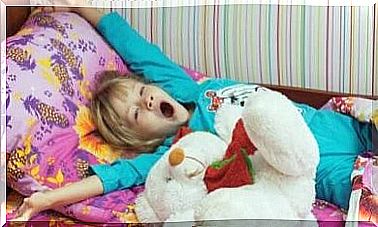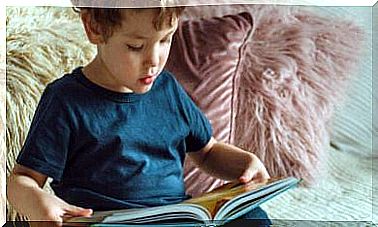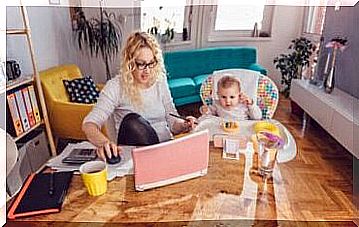Bad Pronunciation Of Children: Parents’ Mistakes – Being Parents

When we correct a child on his poor articulation of words, whether because of a physical difficulty or some other problem, we must do it with the intention that he develops the language in the correct way.
Why ? Because what we are looking for is the oral expression, clear, correct and easy to understand by the child. This is very important for the child, in the short term and for the rest of his life. If we do not correct in time the mispronunciation of children , their personality may suffer.
The importance of parenting education
Learning language, and all its nuances, does not depend only on school. As parents, we have all the responsibility and the duty to actively collaborate with our children in all areas. This effectively includes language learning.
Another essential thing to keep in mind is that mispronouncing the words does not mean that the child is bad at school or that he has a mental handicap. Often times, we tend to overdo it.
The way to participate in the learning process is much simpler than you might think. Indeed, one can start by encouraging the love of reading, singing songs or telling stories out loud.
Although these are very simple little things, they are really very effective in developing language and accompanying our children.

What NOT to do when children mispronounce
Not knowing how to act in front of a poor articulate child will make it difficult. It can also hamper their behavioral development. Here are the most common mistakes to avoid:
- Include poorly articulated words in our everyday language. It is certain that when your children learn to speak, there will be words that they cannot pronounce due to a lack of lingual coordination. As funny as it sounds, you need to correct it so that speaking doesn’t atrophy.
- Use diminutives. Sometimes, one feels tenderness in front of the bad pronunciation of the children. However, exaggerating words to understand them can delay their knowledge and normal expressiveness.
- Exclude articles in sentences and avoid prepositions. With this, you not only create confusion in the learning. But grammar can also be affected. Remember that this is directly related to what the child listens to and interprets.
- Don’t show your face in conversations. Spoken language consists of and is nourished by many facial expressions that express feelings and emotions. In addition, the child learns by model or example. Therefore, if you look at him and place yourself at his height, he will be able to copy the best way of speaking and pronouncing.
- Do not replace the right words with invented words. The language must be understandable. In addition, he must call each object, animal or room by its correct name.
What to do to help them
Your example is essential. Therefore, don’t forget the tips to help your child learn to express himself better. Take the following steps into account:
1. Daily conversation
Try to have conversations with your child for a few minutes every day. Strive to create a healthy environment so that they feel comfortable enough to express themselves.
This same atmosphere will help you to correct it in a clear and constructive way. Thus, you will save your child from the shame and trauma of making a mistake.

2. Patience
If your child has difficulty speaking a word, stand in front of him calmly and say it slowly. You then allow your child not only to copy the sounds but also the movement of your tongue and mouth.
In addition to your gestures, ask him to repeat it only two or three times. This is more than enough for the moment.
3. Seek professional help
Poor pronunciation in children is sometimes due to physical discomfort. If you think this is the case, consult a professional. He will advise you on how to act and give you possible solutions.
Indeed, the bad articulation is sometimes caused by the lip brake, for example. Your child may need to practice pronunciation or wear a special device for a while.
4. Make time for your child
If a child articulates badly, it should not be ignored. Instead, correct the word with clear and precise pronunciation, looking him in the eye. Remember that you are there to help him, not to punish him.
Sometimes we make mistakes subconsciously. For example, we can laugh while listening to a badly pronounced word. This is normal, but try to avoid it as much as possible if you really want to help the child.
Daily effort as well as confidence will help you achieve the goal in a satisfactory manner. Courage!









